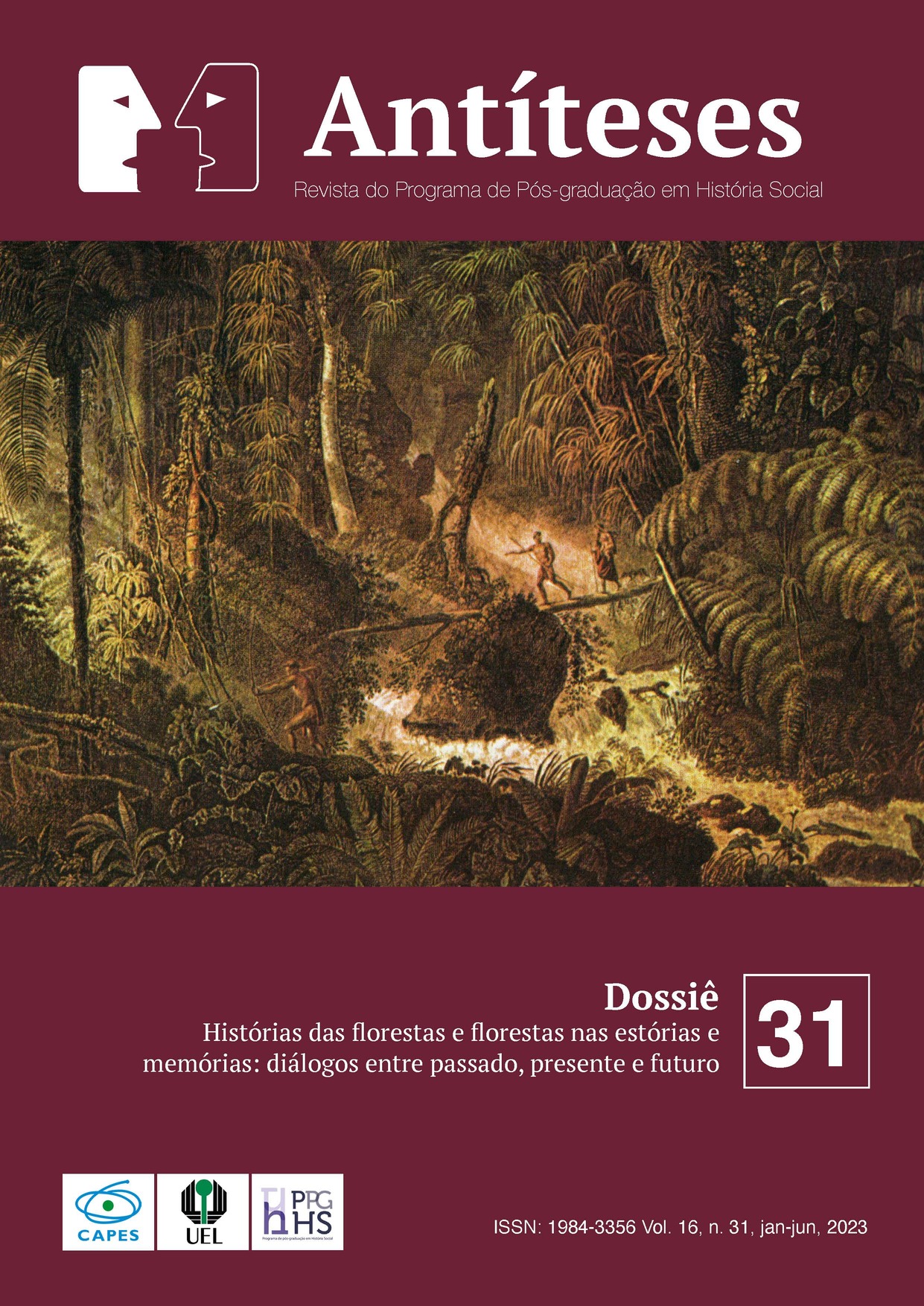For a materialist history
scattered notes on Benjamin
DOI:
https://doi.org/10.5433/1984-3356.2023v16n31p380-396Keywords:
History, Politics, Education, Walter BenjaminAbstract
This text aims to retake Walter Benjamin’s writings in order to reflect on the concept of history and the task of the materialist historian. The political dimension is in to show the need for a new history that overcomes progressive linearity and expresses the articulation of past and present. It is a bibliographic investigation centered on some of Benjamin's writings that opens the way for a materialist history of culture.Below are brief reflections on education in the broad sense, as a formative process that takes place throughout the subjects' lives.
Downloads
References
ADORNO, Theodor. Caracterização de Walter Benjamin. São Paulo: Ática, l986. (Grandes Cientistas Sociais).
BENJAMIN, Walter. Gesammelte Schriften. Frankfurt: Suhrkamp Verlag, 1991. v. 1.
BENJAMIN, Walter. Gesammelte Schriften I. Frankfurt: Suhrkamp Verlag, 1997. v. 1-2.
BENJAMIN, Walter. Illuminationen. Frankfutr: Suhrkamp Verlag, 1977.
BENJAMIN, Walter. Obras escolhidas I: magia e técnica, arte e política. São Paulo: Brasiliense, 1985a.
BENJAMIN, Walter. Obras escolhidas II: rua de mão única. São Paulo: Brasiliense, l987.
BENJAMIN, Walter. Gesammelte Schriften II. Frankfurt: Suhrkamp Verlag, l985b. v. 1-2.
BENJAMIN, Walter. Origem do Drama Barroco Alemão. São Paulo: Brasiliense, l985c.
BUCK-MORSS, Suzan. Walter Benjamin: entre moda acadêmica e avant-garde. CríticaMarxista, São Paulo, n. 10, p. 48-63, 2000. DOI: https://doi.org/10.53000/cma.v7i10.19749
MARX, Karl. O dezoito Brumário de Luís Bonaparte. Rio de Janeiro: Paz e Terra, 1977.
Downloads
Published
How to Cite
Issue
Section
License
Copyright (c) 2023 Anita Helena Schlesener

This work is licensed under a Creative Commons Attribution 4.0 International License.
The journal reserves the copyright on the contributions published, without material compensation for the author, and may make them available online in Open Access mode, through its own system or other databases; you can also make normative, orthographic and grammatical changes in the originals, in order to maintain the cultured standard of the language, with the final consent of the authors. The opinions expressed by the authors are their sole responsibility.









